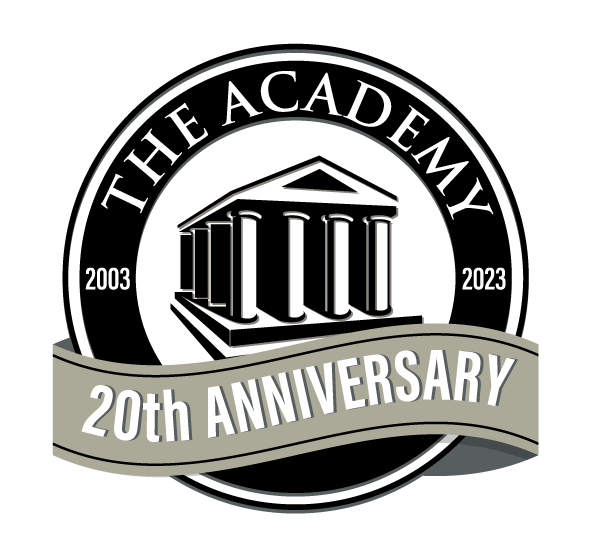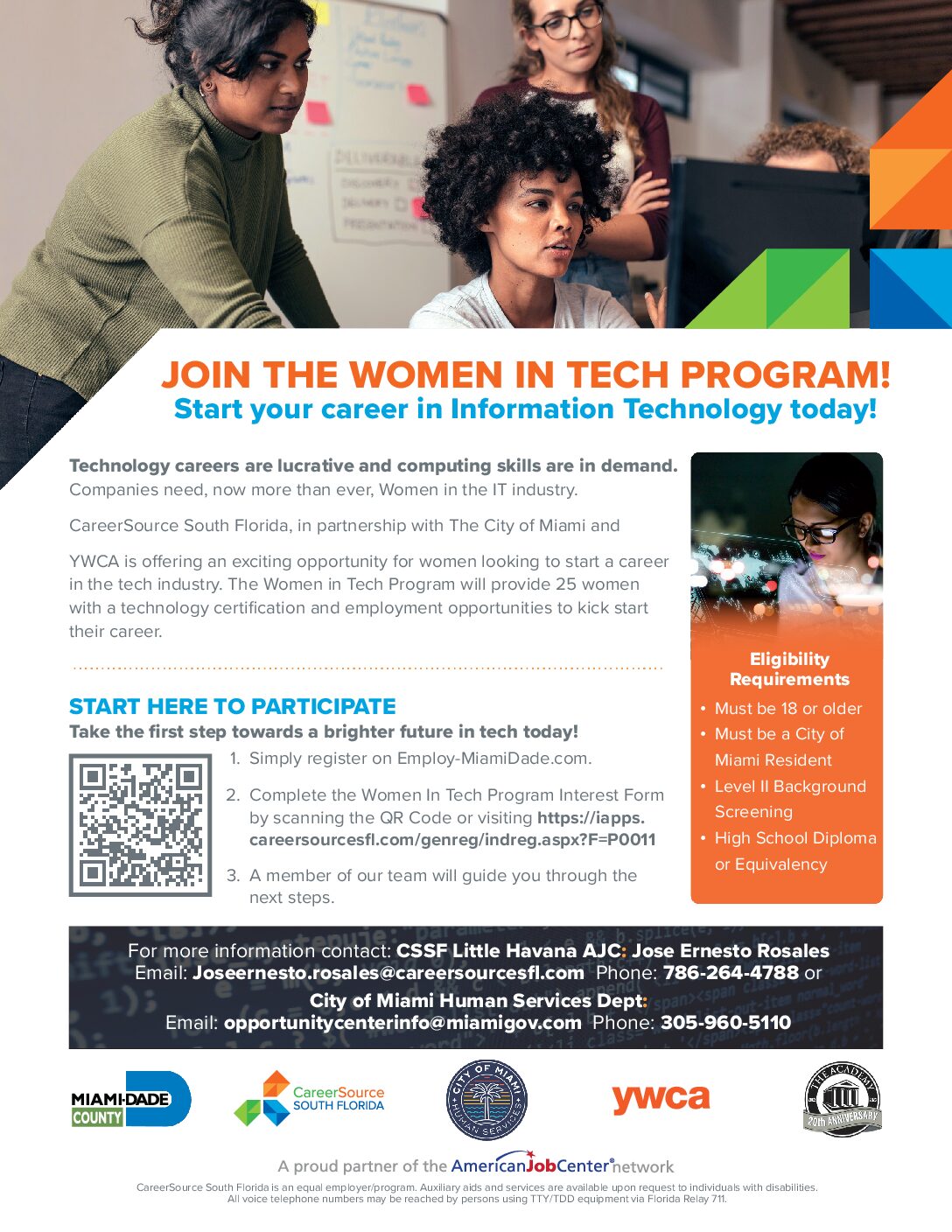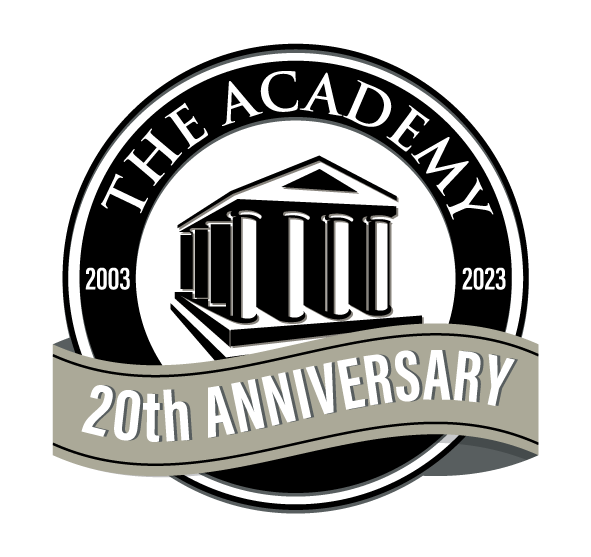There is no universally accepted way to prepare for a job as an information technology (IT) professional. Although a bachelor’s degree is often required and relevant work experience is very important, many people develop their computer skills while working in other fields. Technical or professional certification is becoming a common way to measure competency in prospective employees.
Entry-level employees and students can enhance their employment opportunities by participating in programs (such as internships) or having a related background in an industry that uses information technology (such as financial services, banking, or accounting). The continual study of new technologies is necessary to keep computer skills current.
Skills Assessment
Whether you’re already in a career or still in school, there are many resources available to help you learn more about IT careers. A good way to start is to identify IT jobs that interest you, find out about the skills you will need for that job, assess your current skills to identify what you must learn, and then access the training options that will help you build the skills you need.
Career Resources Guide
The table below outlines resources you can use to start preparing for a career in the IT industry.
Employed or considering education Full- or part-time students Resources
Visit a Microsoft Certified Technical Education Center (Microsoft Certified Partner(s) for Learning Solutions program) near you. These companies are Microsoft’s premier training partners and are also skilled at helping you with your career planning and skills assessment. Locate a Microsoft Certified Partner(s) for Learning Solutions program near you.
Talk to your manager and human resources department about your career goals and the training opportunities available to you. In addition to internal training, your organization may provide support for you to pursue external training.
Talk to counselors, teachers, or instructors in your school’s computer department about your career goals, and the training required to reach them. Then check out your school’s course catalog to see what programs and courses are available to you. Also look into Microsoft college jobs and internships, your school’s Junior Achievement program (K–12 students), and other mentoring opportunities.
Network through coworkers, family, friends, and instructors to contact people currently working in the IT career you’re considering and request informational interviews with them. This will help you to find out more about their professions and the types of skills they had to develop.
Visit your school’s library and career center and ask about additional resources for learning about the career you’ve chosen.
Review employment ads in newspapers and online, including the Microsoft/ComputerJobs.com Career Center and Jobs on Microsoft.com, to learn more about available positions in IT and the skills required to get them.
Visit online career guides for the IT industry. Many of the sites offer salary surveys, industry outlooks, current articles, and more.
Contact your local Microsoft IT Academy, a program specifically designed for community colleges and universities. Speak to a counselor or computer science department instructor to learn more about present and future careers in IT. If your current skills are limited, ask about courses you will need to take to get started. Also, review a course catalog to learn more about the specific courses available. Many colleges and universities now publish their catalogs online.
Contact trade associations in your chosen career.
Learn about the benefits of Microsoft training and certification.
Contact technical vocational schools in your area to find out what kinds of training they offer for IT career development and what prerequisites (if any) are required.
Call your local chamber of commerce for contact information on local career centers and employment offices.




